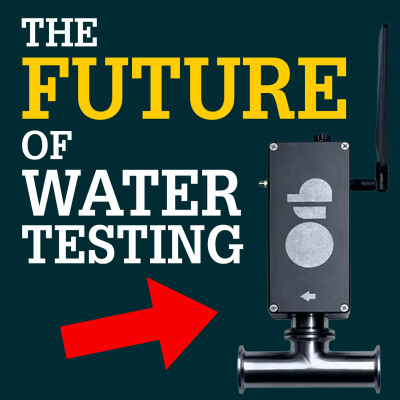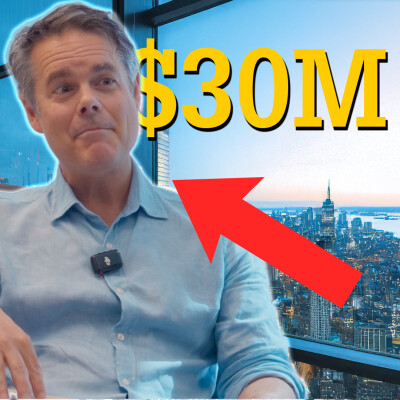Description
🎙️ Stephane Bessadi is Senior Procurement Specialist for the Asian Development Bank. ADB - its short name you'll hear quite a lot in the next minutes - commits to a prosperous, inclusive, resilient, and sustainable Asia and Pacific Region.
Urbanization ticks at a high pace in the Asia Pacific region, with 65% of the population that's expected to live in cities. Water and Wastewater infrastructures will have to adapt, and this has consequences.
Without even considering water, the region will soon represent 40% of the World's greenhouse gas emissions, a number that's still to increase if we factor in the future energy needs of the newly created water infrastructures.
Hence, the Asian Development Bank is at the same time a big contributor to that transition, as it invests about one billion dollars every year in water supply and wastewater management projects and is a front row observer with a wealth of data to leverage.
This is how, as Stephane will explain, they've developed a screening tool for the energy evaluation of projects that ensures that the best decisions are taken today to build a sustainable infrastructure for the decades to come. If you want to review the tool while listening to Stéphane's explanations, check the show notes - I've placed the link there to both the publication and the Excel tool .
We'll have five feature interviews on that podcast, and I'll have the same five speakers on stage with me for the Global Water Summit in Madrid. If you want a complete overview, check my full series on net zero water , and of course if you don't want to miss any of these interviews, make sure to subscribe to the podcast. It's free, and it's even better if you share it with your friends or colleagues.
I'll let you share it, and I'll meet you on the other side!
Wanna listen to the full episode? Just type "S5E8 - How to ensure Energy and Carbon Resilient projects with a Simple Screening Tool"
You can also find the full episode materials on the (don't) Waste Water website
Hosted on Ausha. See ausha.co/privacy-policy for more information.
![[Extract] "You must consider the future operation and plan for the next 10-15 Years!" - Stephane Bessadi - Asian Development Bank cover](https://image.ausha.co/P06E2A7E3sdfKpCEtUjSHfrPSgh02uxyHr1lP58n_400x400.jpeg)

![25 Years of Acquisitions Built This Water Tech Powerhouse [M&A] cover](https://image.ausha.co/6xHgWghhG8OqgQaZ4Jpi3EzqoqcC8w1w1vWw6qNl_400x400.jpeg)

